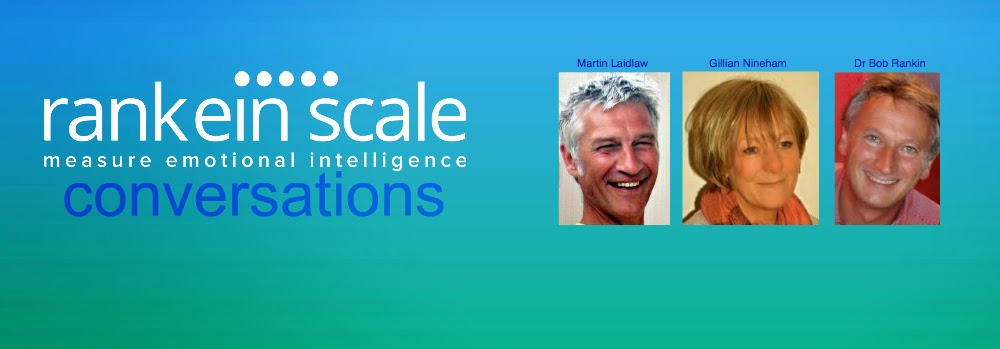Dr Bob Rankin, who retired from Dundee University last year, has recently launched the Rankein Scale.
And together with Martin Laidlaw – a retired senior manager in further education – and publisher Gillian Nineham, he is now making contact with organisations involved in caring for vulnerable people.
The trio are confident the new tool has the potential for a multitude of applications.
Dr Rankin explained: “I think it has the potential to revolutionise the caring sector.
“The reason behind its development is to try to improve the quality of individuals being recruited to work in the care sector, where there are lots of vulnerable groups of people for whom it can be a challenge to communicate their needs.”
Dr Rankin worked for almost 30 years as a senior lecturer in nurse education.
So he had a particular interest in the relationship between emotional intelligence and the quality of clinical practice.








